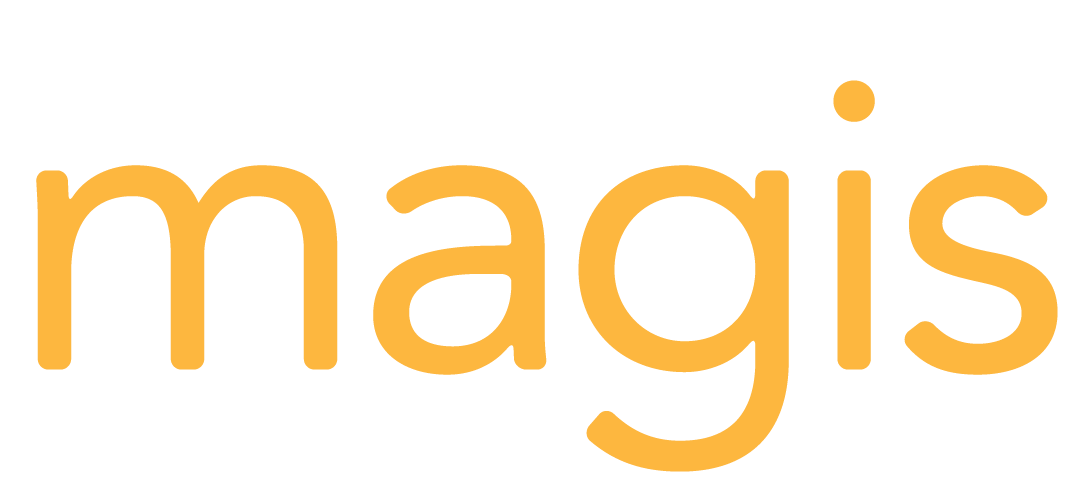Applied Behavior Analysis
Applied Behavior Analysis (ABA) is therapy that addresses issues in and focuses on the improvement of specific behaviors. Behavior includes communication, social skills, learning habits, attention and memory, motor skills, and hygiene. Addressing such behaviors can improve activities for daily living, and the main context of the client’s occupation, such as the school or the workplace.
WHAT AGES DO WE SERVE?
18 months – 21 years

“When a flower doesn’t bloom, you fix the environment in which it grows, not the flower.”
Alexander Den Heijer
WHAT DO WE DO?
Helping clients and client stakeholders (family, caregivers, teachers) have a deeper understanding of cause and effect of behavior, and strategize for its improvement.
HOW DO WE DO IT?
Assessment, planning, collaboration, implementation, and continuous supervision of a program focused on habilitation and rehabilitation of client.
Beginning Therapy
A board-certified Behavior Analyst (BCBA) begins a journey with a client and his/her family through a series of interviews, with a primary caregiver, or a teacher (usually the case if the school has referred to the service). For assessment purposes and further observation, home or school visits may be recommended to gain a more comprehensive understanding of a child’s day-to-day environment.
Intervention Focus
Interviews, observations, and assessments to understand behavior, encouraging healthy functional behavior patterns, life skills development, skills acquisition, group social skills development, parent and family training, caregiver training.
Services
-
The Initial Intake is a 1 – 1.5 h interview with adults and assume one of the following roles: a) caregiver (i.e., biological parent, adoptive parent, foster parent, grandparent, nanny/“yaya”), b) sibling, and/or c) teacher/tutor/service provider. 2 or more interviews may be recommended, based on the daily environment of the child.
Additional points to note for online intake:
Interviewee will need stable internet access.
High school aged-clients may join caregivers or teachers in the online initial intake.
Caregivers or teachers will share the client’s development history with Behavior Analyst (BA) and prepare to discuss goals they would like targeted within the next 3 months with the client.
-
The FBA is an assessment process lasting 3 – 6 weeks that identifies specific behaviors, and analyzes each behavior based on their functions, triggers, and maintaining environmental variables. The outcome of this assessment is a comprehensive report covering the context of the child’s school and home life. A board-certified Behavioral Analyst (BCBA) conducts the assessment and concludes it with a meeting with the child’s primary caregiver/s.
This assessment can be helpful in identifying factors that could be affecting a child’s progress in general development, education, and taking concrete steps to begin addressing the behavior in ways that are in the best interest of the child and his or her immediate surroundings (e.g. family, classroom).
Additional points to note for online Basic FBA
Interviewee will need stable internet access.
Interviewee will agree to the following behavior data collection strategies to successfully complete the FBA process:
Once-a-week synchronous/face-to-face online observations for at least 4 weeks via Zoom or Doxy.me
Daily asynchronous audio-video recordings/presentation of permanent products for at least 1 week submitted via email or other phone applications.
-
A skills assessment run ideally every six months to indicate a child’s current placement and progression in the areas of learning and language. It can be implemented from as short as three weeks to as long as 1.5 months. A skills assessment utilizes standardized skill and communication assessments.
-
An ecological assessment begins with examining the skills needed for an individual to be successful in a specific environment (i.e., reading group in the general education classroom, school cafeteria, playground at recess, dinner table at home, restaurant, library, movie theater, workplace, etc). This assessment can be conducted to assess students’ independence and present levels of participation so that meaningful goals can be set to teach the necessary communication, social, behavioral, cognitive skills, or daily living skills the student needs to maximize performance. An ecological assessment utilizes a standardized assessment tool.
BEHAVIOR ANALYST:
BEATRIZ QUEROL-CINTRÓN,
LABA-MA, BCBA, CAPT, CTRP-E
Beatriz Querol-Cintrón is a Massachusetts-Licensed (LABA-MA #456), Board Certified Behavior Analyst (BCBA #1-15-17929), Certified ABA Parent Trainer (CAPT), and Certified Trauma and Resilience Practitioner in Education (CTRP-E) with over 10 years of experience in the fields of autism spectrum disorder, attention-deficit/hyperactivity disorder, and specific learning disabilities. She holds a Master of Science degree in Autism Studies from the University of Massachusetts in Lowell, and is working toward a Professional Certificate in Learning Differences and Neurodiversity with a Specialization in Executive Function through Landmark College in Putney, VT, USA; another Professional Certificate in Teaching Bilingual Learners with Disabilities through Lasell University in Newton, MA, USA; and an Education Doctorate in School Psychology through the University of Findlay, OH, USA At present, she works as a part-time clinical supervisor for Adapt ABA in Chelmsford, MA, USA and a grant program manager for an interdisciplinary personnel preparation program through a partnership between University of Massachusetts in Lowell and Lasell University; and volunteers as an extern/dissemination coordinator for the Association for Science in Autism Treatment. She also volunteers her time as a member of the International Standards Committee of the Qualified Applied Behavior Analysis Credentialing Board. She developed Cocoon Behavior Solutions in an effort to provide behavioral and educational consultation services to individual practitioners, clinics, and private and public institutions in the Philippines and beyond.


